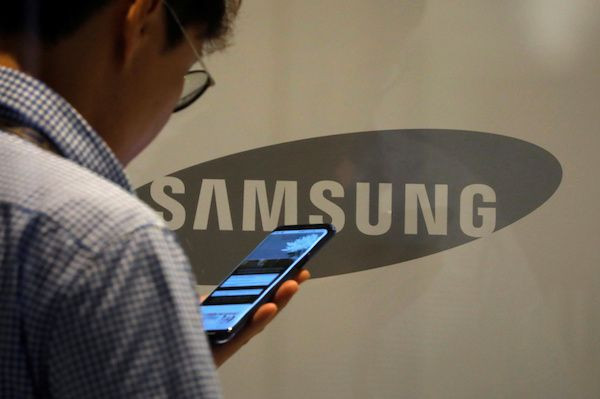Samsung 5G Modem Chip Development Struggling With RF Antenna Modules

Many tech companies are developing 5G modem chips in an attempt to compete with Qualcomm when 5G becomes the standard in the industry. Among these companies is South Korean tech giant Samsung Electronics, who is now hard at work in developing its own 5G chips for mobile devices.
On Monday, Korean news site Etnews reported that Samsung has jumped into developing 5G modem chips in an effort to join the seminal market following 4G LTE. This means Samsung is the only South Korean tech company to be investing in this new technology seriously for now. Other companies that are also working on 5G chips are Qualcomm and Intel from the U.S., MediaTek from Taiwan, as well as HiSilicon, Spreadtrum and ZTE from China.
Unfortunately, Etnews has learned that not everything is going well for Samsung. The company is said to be having difficulties in developing RF (Radio Frequency) antenna modules to go along with its 5G modem chips. The reason, according to sources, is Samsung’s lack of experience in the millimeter wave field. HiSilicon is also reportedly having the same problem. Unlike Samsung, HiSilicon’s development process is predicted to fall behind by about a year compared to its competitors.
Major marketing research company Techno System Research believes that 5.8 million 5G devices will be shipped by 2019. The firm also forecasts the smartphones will account for most of the 5G devices. The implementation of the next-generation of broadband cellular network technology is also expected to see a major boost when an estimated 90 million 5G smartphones hit the market in 2020.
Because of the inevitable move from 4G LTE to 5G, tech companies in the U.S., China, South Korea and even Japan are doing their best to keep up with the advancement of cellular technology. Among these countries, the U.S. is predicted to be the last one to offer 5G services, while China is believed to take up over 60 percent of the entire 5G device market in 2020.
It isn’t clear where Samsung currently stands in this developing market. But it’s worth pointing out that the Galaxy S9 maker surely has its own way to make its presence felt in the 5G market. Late last year, it was disclosed that Samsung was partnering with Verizon to make the latter’s 5G commercial release possible.
At the start of this year, Samsung announced that it is going to provide Verizon with routers and radio frequency services, so that the carrier could start rolling out 5G in Sacramento, California later this year. Samsung is specifically tasked to build fixed 5G home routers and 5G Radio Access Units that are composed of a compact radio base station and virtualized elements, as per ZDNet.
“Together with Verizon, we have explored the vast potential of 5G through market trials across the U.S.,” Samsung previously said in a statement. “At the same time, Samsung applied lessons learned from these real-world trials to ensure that our complete end-to-end 5G portfolio is ready for commercial use.”
© Copyright IBTimes 2024. All rights reserved.





















